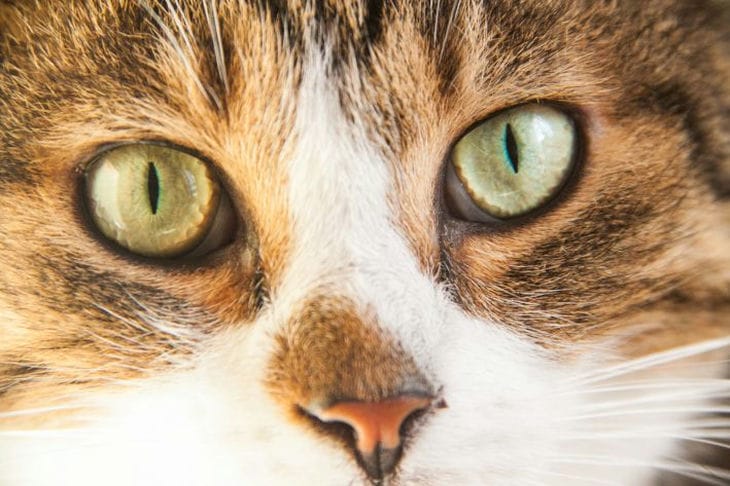How do cats feel about changing owners: felinologists' view on pet adaptation
Cats are known for their independence and territoriality.
However, life circumstances sometimes force pets to change homes and owners.
Cats' reactions to such changes can vary and depend on many factors.
Individual characteristics of cats
A cat's attitude towards changing owners largely depends on their individual character and temperament.
Some cats adapt easily to new conditions and quickly get used to new owners.

Others may experience severe stress and take a long time to get used to changes. Purebred cats are generally more sensitive to change than non-pedigree cats.
Pet's age
The age of the cat plays a significant role in the process of adaptation to a new owner.
Kittens and young cats usually cope better with change and adapt to new surroundings more quickly.
Adult and older cats may have more difficulty changing owners because they have already developed strong habits and attachments.
Previous experience of the cat
Previous experience with people also influences how a cat will react to a change of owner.
If a cat has had positive experiences interacting with different people, it will probably accept a new owner more easily.
Cats that have had traumatic experiences or abuse may be more wary and may take longer to adjust.
Stress and behavioral changes
A change of owner and familiar environment often causes stress in cats. This can manifest itself in a change in behavior: the pet may become more fearful, aggressive or, conversely, apathetic.
Some cats may refuse food, hide, or exhibit unusual behavior.
It is important to remember that this reaction is usually temporary and goes away as the animal adapts.
Creating a comfortable environment
To facilitate the process of adaptation of the cat to the new owner, it is important to create a comfortable and safe environment.
You should provide your pet with a quiet place where it can be alone. It is advisable to keep the cat's usual items: a bed, toys, bowls. Familiar smells will help the animal feel safe in its new home.
Patience and attention of the new owner
The new owner needs to be patient and attentive to the pet. You shouldn't force your company on the cat, it's better to give it time to get used to it and take the initiative to make contact.
Regular feeding, a gentle voice and the absence of sudden movements will help to gain the animal’s trust.
Maintaining a routine
If possible, you should maintain your cat's usual daily routine. This includes feeding times, playtimes, and sleep times.
A sudden change in routine can increase stress in your pet. If you know your cat's preferences in food or games, you should take them into account during the first period after moving.
Medical aspects
The stress of a change of owner can affect a cat's health. Some animals may experience a decrease in immunity, an exacerbation of chronic diseases, or the appearance of new health problems.
It is important to closely monitor your pet's condition and, if necessary, contact a veterinarian.
Gradually forming new connections
Forming an attachment to a new owner is a gradual process. It takes time for a cat to get used to the smell, voice, and touch of a new person.
Regular play, petting, and positive associations (such as giving treats) will help strengthen the bond between your pet and its new owner.
